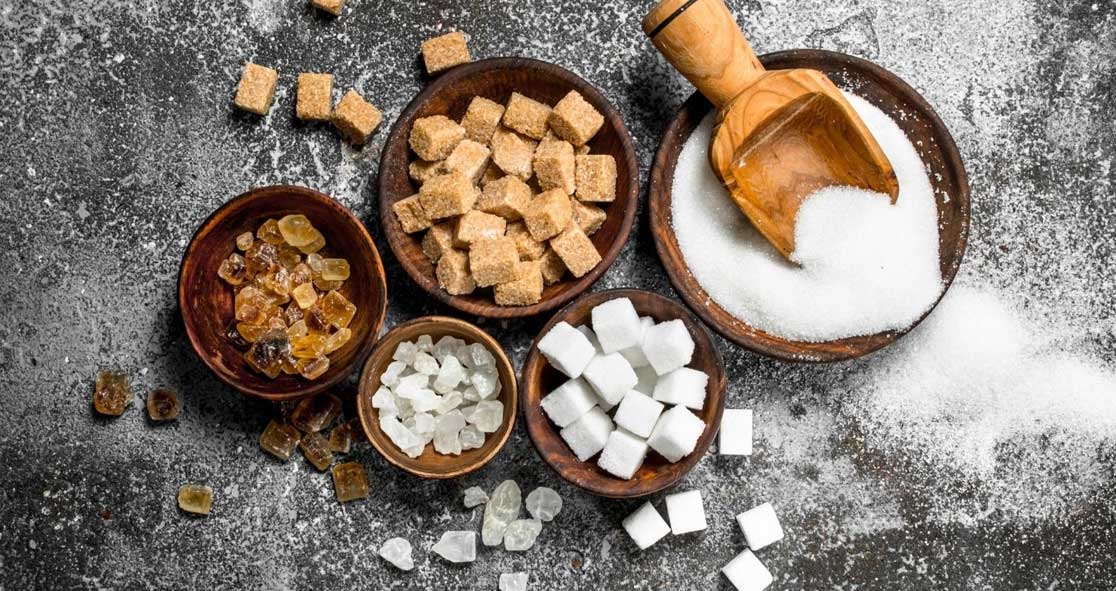An ongoing study published Thursday in PLOS Medicine has suggested that some artificial sweeteners are linked to increased cancer risk, according to Science Daily.
Researchers Charlotte Debras and Mathilde Touvier at the French National Institute for Health and Medical Research (Inserm) and Sorbonne Paris Nord University, France, conducted the study.
Artificial sweeteners are found in many food products and beverages, which are consumed by millions on a daily basis. However, the safety concerns of these additives have been a subject of debate.
The researchers wanted to evaluate the potential carcinogenicity of artificial sweeteners so they analyzed data from more than 102,800 French adults participating in the NutriNet-Santé study, a web-based cohort study initiated in 2009 by the Nutritional Epidemiology Research Team (EREN).
The investigators collected data concerning artificial sweetener intake from 24-hour dietary records and cancer diagnosis information during follow-up. They conducted statistical analyses to investigate the connection between artificial sweeteners and cancer risk.
Upon evaluation, the authors found that participants consuming larger quantities of artificial sweeteners, especially aspartame and acesulfame-K, had a higher risk of cancer compared to those who did not consume artificial sweeteners. They found higher risks for breast and obesity-related cancers.
However, there were several limitations to the study. For instance, dietary intakes were self-reported and there could be selection bias, as participants were more likely to be women.
The researchers explained that additional studies would be required to confirm the results and understand the underlying mechanisms.
The authors wrote, “Our findings do not support the use of artificial sweeteners as safe alternatives for sugar in foods or beverages and provide important and novel information to address the controversies about their potential adverse health effects.”
“While these results need to be replicated in other large-scale cohorts and underlying mechanisms clarified by experimental studies, they provide important and novel insights for the ongoing re-evaluation of food additive sweeteners by the European Food Safety Authority and other health agencies globally.”
“Results from the NutriNet-Santé cohort (n=102,865) suggest that artificial sweeteners found in many food and beverage brands worldwide may be associated with increased cancer risk, in line with several experimental in vivo/in vitro studies,” they added. “These findings provide novel information for the re-evaluation of these food additives by health agencies.”























